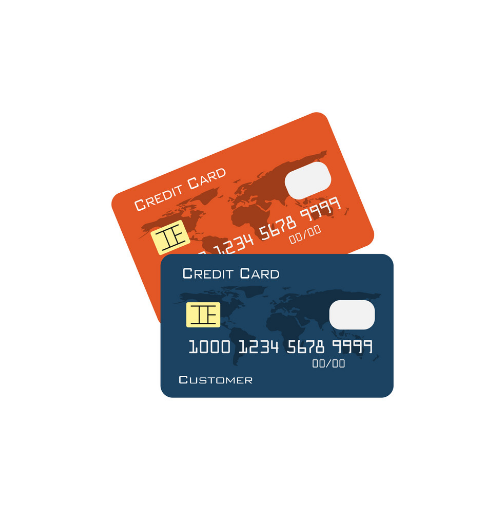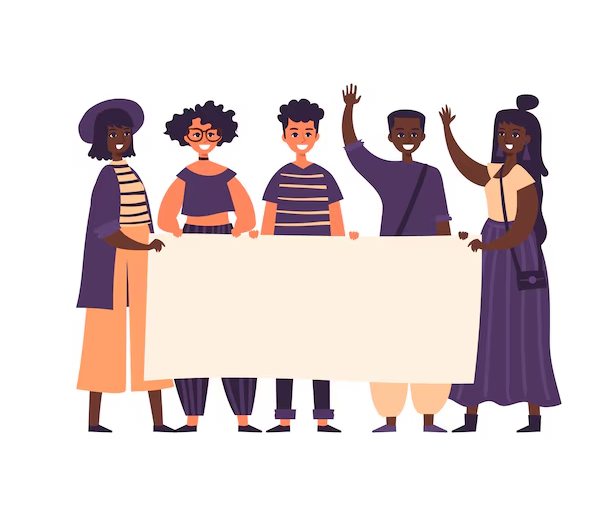Introduction
A credit union is an owned and operated kind of financial institution by the members. Unlike traditional banks, credit unions are not-for-profit cooperatives, meaning first priority goes to the benefit of its members rather than the generation of a profit. Credit unions usually offer savings accounts, loans, credit cards, and even mortgages at reduced fees and with better interest rates in contrast to most banks. Let‘s dive in a little deeper about credit unions, the benefits that await members, and why maybe a credit union could be right for you.
How Credit Unions Work
Understanding Member Ownership
Credit unions are fundamentally structured differently than banks. In this system, after you join, you are at once a customer and an owner. Individuals are given a voice in how the credit union is run, usually through voting for board members or attending annual meetings. Profits are returned to members by returning the savings yields, lowering fees, and charging lower loan rates.

Not-for-Profit Status
Unlike profit–making banks, credit unions are not driven by profit but by serving the members. Any surplus money would be re-invested back into the credit union or distributed as financial rewards to its members. This particularity allowed the credit union system to mold itself as a means of providing the most beneficial available rates and services rather than raising money to enrich some shareholders.

Benefits of Joining a Credit Union
Lower Fees and Better Rates
Credit unions are known to provide highly competitive interest rates for loans, credit cards, and mortgages, and many more considerable returns on saving accounts. As they are not-for-profit institutions, it is less likely that credit unions will change outrageous fees, thus saving them some rather significant amounts of money in the long run.

Personalized Customer Service
Member satisfaction also tends to result in much stronger customer service. credit unions tend to be smaller, and by necessity community-based organizations. Knowing more of their members and keeping them better than large corporate banks is normal. Members can expect more personal support and personalized financial advice tailored to their needs.

Community Focus
Credit unions tend to be community-focused, hosting programs or services that contribute to the local financial health and education. Many credit unions conduct financial literacy workshops, sponsor community events, or work with local charities. This is somewhat how the relationship is built and fortified between credit unions and their member families.

Types of Services Offered by Credit Unions
Most of the same financial services that a traditional bank offers are also available at credit unions. Here is a breakdown of some of the most popular services:
Savings and Checking Accounts
Credit unions offer savings and checking accounts which may beat the rates you can get at banks. Compared to the banks, monthly fees on their accounts are normally very low or zero. They also commonly offer better interest rates on deposits.

Loans and Mortgages
Credit unions pay less on personal loans, car loans, and mortgages, making them always a viable option for financing individuals of major purchases. The fact that they are all about community and member ties also compels them to reach out to even those with worse credit histories.

The credit cards from credit unions are more competitive about interest rates and fewer fees than other big banks, as usually, the other big banks have benefits that cater to member needs, like cash back on local purchases and fees charged on balance transfers.

Financial Education and Counseling
Many credit unions make available financial education or counseling to their members in preparation for achieving various financial goals, such as basic budgeting, savings for retirement, and even the management of debt.

Differences Between Credit Unions and Banks
Ownership and Structure
A difference between a credit union and a bank resides in ownership. Credit unions own their members, whereas bank ownership is by shareholders; thus, the primary concern of credit unions is usually the welfare of members rather than profit-making purposes.

Community vs. Corporate Focus
Credit unions are typically more locally focused; therefore, they tend to be exclusive to a specific group of individuals, such as those living within a certain distance, working for a certain company, or belonging to a certain kind of organization. Banks are typically more organizationally aligned and less personal with regard to their local interests.

Loan Approval Flexibility
A credit union would place more emphasis on the member relationships, they can be less stringent when approving loans; in other words, there might be cases where they look at a member‘s character or history with the credit union rather than credit scores.

How to Join a Credit Union
Joining a credit union is relatively trouble-free. Most credit unions have eligibility based on geographic area, occupation, or other criteria that differ from traditional banks. Follow the steps below to join:

- Identify an Eligible Credit Union: Some credit unions are only open to certain community members or employees of specific organizations. You can check eligibility criteria on the credit union website.
- Complete an Application: Most applications are pretty easy and will ask for some basic personal and work information.
- Initial Deposit: Some credit unions sometimes require a minimum initial deposit, sometimes as low as $5.
Are Credit Unions Safe?
Generally, credit unions are just as safe as any regular bank. They have the same insurance available at the National Credit Union Administration (NCUA), covering members‘ deposits into accounts up to $250,000. The NCUA operates similarly to the Federal Deposit Insurance Corporation (FDIC) with banks, ensuring that deposits made with a credit union are just as secure as a similar deposit made with a bank.
Final Thoughts: Is a Credit Union Right for You?
The choice between a credit union and a bank will solely depend on your financial goals and what you prefer. Thus, if low fees, better interest rates, and a stronger emphasis on the community are important considerations for you, you may want to consider a credit union. On the other hand, if you need the convenience of having wide national or global access as well as even more services compared to the above, a big bank may be better suited.
FAQs
How does a credit union differ from a bank?
- Credit unions are not-for-profit and owned by their members, while banks are for-profit and owned by shareholders. Credit unions tend to offer lower fees, better interest rates, and a community-focused service model. Banks may offer a broader range of services and locations, particularly for national or global access.
Who can join a credit union?
- Eligibility varies by credit union. Membership may be open to people based on geographic location, employment at a particular company, affiliation with a certain organization, or family connections. Many credit unions have expanded their eligibility criteria, making it easier to qualify.
Do credit unions have ATMs?
- Yes, credit unions typically offer ATM access. Many are part of larger shared networks, such as the CO-OP Network, which provides surcharge-free access to thousands of ATMs nationwide, giving members convenient access to cash without fees.

Owner of Paisewaise
I’m a friendly finance expert who helps people manage money wisely. I explain budgeting, earning, and investing in a clear, easy-to-understand way.


Pingback: Should a College Student Open a High-Yield Savings Account? - Paisewaise